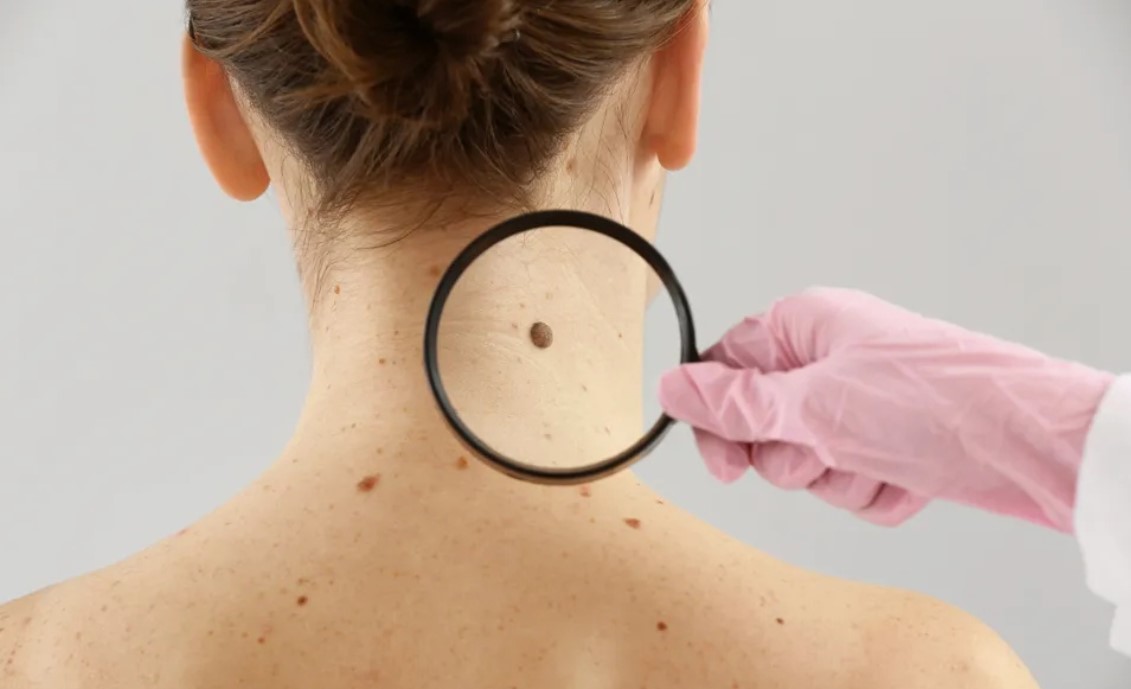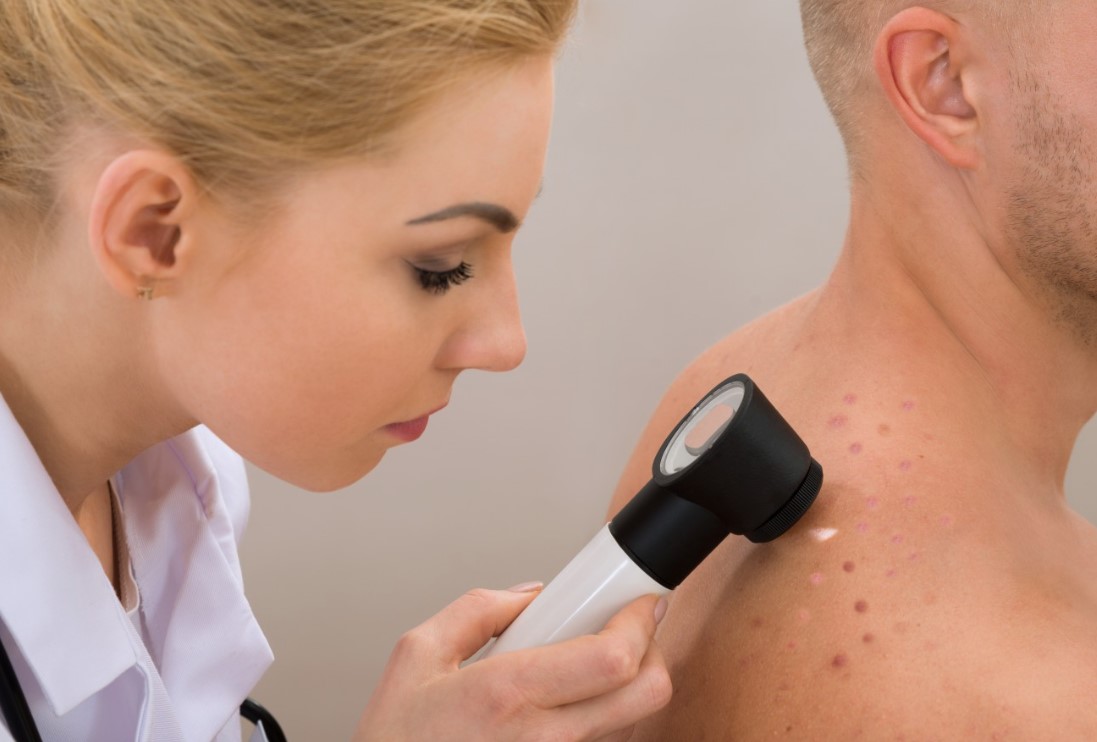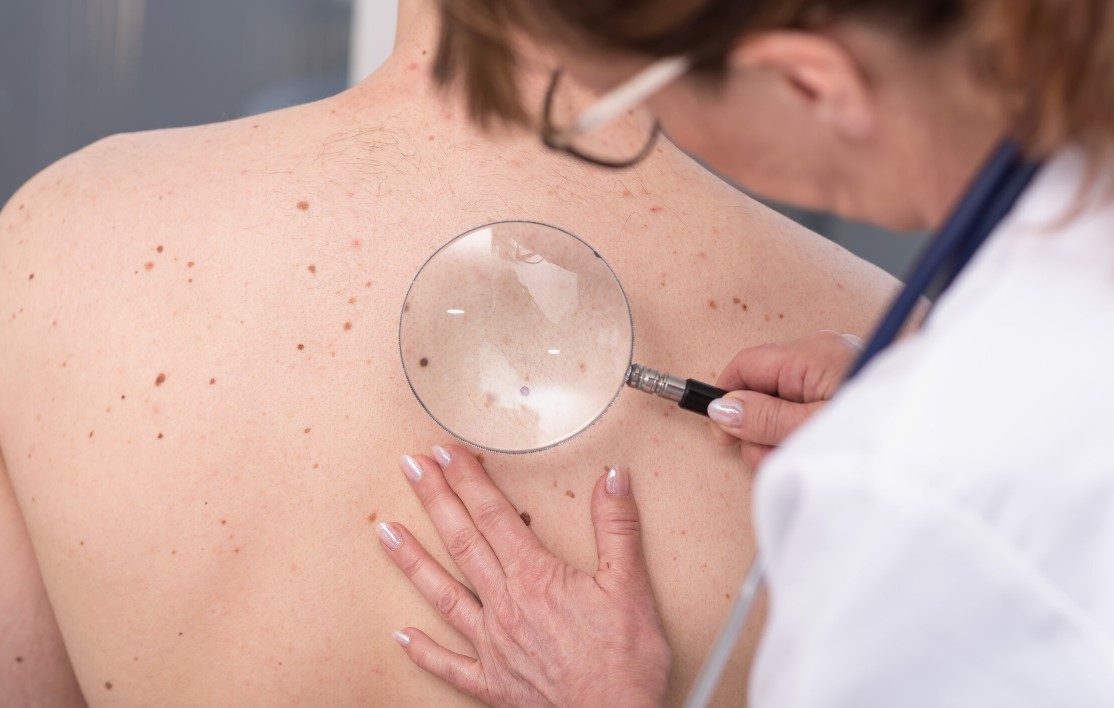Skin cancer is a growing concern in the UAE due to the country’s sunny climate and high UV exposure. Understanding the costs associated with skin cancer treatment is crucial for patients to plan their care effectively. This article explores the various factors influencing the cost of skin cancer treatment in the UAE, the types of treatments available, and what patients should consider when managing their expenses.
Types of Skin Cancer Treatments Available in the UAE
The cost of skin cancer treatment in the UAE varies depending on the type of treatment required. Common treatments include surgery, radiation therapy, chemotherapy, immunotherapy, and targeted therapy. Surgical options range from simple excisions for small lesions to more complex procedures like Mohs surgery, which is highly effective but more expensive. Radiation and chemotherapy are typically used for advanced cases or when surgery isn’t viable. Immunotherapy and targeted therapy, often used for metastatic or recurrent skin cancers, can significantly increase treatment costs due to their complexity and the need for ongoing care.

Factors Influencing the Cost of Treatment
Several factors influence the cost of skin cancer treatment in the UAE. These include the type and stage of cancer, the specific treatment approach, the healthcare facility chosen, and the duration of treatment. For instance, early-stage cancers treated with minor surgery are generally less expensive than advanced cancers requiring multiple treatment modalities. Additionally, costs can vary significantly between private and public healthcare providers, with private facilities typically charging higher fees for their services.
Average Costs of Skin Cancer Treatment in Dubai
In Dubai, the cost of treating skin cancer can range widely depending on the treatment required. Simple surgical excisions might cost between AED 5,000 to AED 10,000, while more complex surgeries like Mohs surgery can range from AED 15,000 to AED 30,000. Radiation therapy can cost approximately AED 20,000 to AED 50,000 for a full course, depending on the number of sessions needed. Immunotherapy and targeted therapies, often prescribed for more advanced cancers, can cost upwards of AED 100,000 annually, making them some of the most expensive treatment options available.
Insurance Coverage for Skin Cancer Treatments
Insurance coverage for skin cancer treatment in the UAE varies depending on the insurance provider and the plan selected. Many insurance plans cover basic treatments such as surgery and radiation, but coverage for more expensive options like immunotherapy may be limited or require additional authorization. Patients should carefully review their insurance policies and consult with their providers to understand what is covered. Some plans may have high deductibles or copays, which can significantly impact the overall cost to the patient. It is advisable to inquire about the specifics of coverage, especially for newer treatments, to avoid unexpected expenses.
Public vs. Private Healthcare Costs
The choice between public and private healthcare significantly affects the cost of skin cancer treatment. Public hospitals in the UAE, such as those under the Dubai Health Authority (DHA), offer treatment at subsidized rates for UAE nationals and residents with health cards. However, waiting times can be longer, and the availability of advanced treatments like targeted therapy may be limited. Private healthcare facilities offer quicker access to specialists and state-of-the-art treatments but at a higher cost. Patients should weigh the pros and cons of each option based on their financial situation, treatment urgency, and desired level of care.

Cost of Skin Cancer Screening
Early detection of skin cancer through regular skin cancer screening can significantly reduce the overall treatment costs. Screening typically involves visual skin checks by a dermatologist and may include dermoscopy or biopsy if suspicious lesions are found. In the UAE, the cost of a skin cancer screening can range from AED 500 to AED 2,000, depending on the facility and the comprehensiveness of the examination. Regular screening is highly recommended, especially for individuals at higher risk, such as those with a history of excessive sun exposure or a family history of skin cancer.
The Financial Impact of Post-Treatment Care
Post-treatment care is an often-overlooked component of skin cancer treatment costs. This includes follow-up visits, monitoring for recurrence, and managing any side effects of treatment. For example, patients who undergo surgery may require reconstructive procedures, which add to the overall cost. Regular dermatological check-ups are essential for monitoring the patient’s recovery and for early detection of any recurrence. These follow-up visits can add another AED 1,000 to AED 3,000 annually, depending on the frequency and the healthcare provider chosen.
Government Support and Financial Assistance Programs
The UAE government offers several programs to assist patients with the cost of cancer treatment. For instance, the DHA and the Ministry of Health provide subsidies for Emirati patients, and certain public hospitals may offer financial assistance for expatriates on a case-by-case basis. Additionally, charitable organizations such as the Friends of Cancer Patients (FOCP) provide support and funding for treatment to those who qualify. Patients are encouraged to explore these options to alleviate some of the financial burdens associated with skin cancer treatment.
Tips for Managing Skin Cancer Treatment Costs
Patients can take several steps to manage the costs of skin cancer treatment. Firstly, obtaining multiple opinions from different healthcare providers can help in choosing the most cost-effective treatment option. Additionally, reviewing and maximizing insurance benefits can reduce out-of-pocket expenses. Patients should also consider seeking treatment at public hospitals if they are eligible for subsidies or financial assistance. Lastly, engaging with support groups and charities can provide not only financial support but also valuable guidance through the treatment process.
Conclusion
In the UAE, the cost of skin cancer treatment can be substantial. However, patients can alleviate their financial burden by comprehending the factors that influence these costs and investigating available options. The overall expense is influenced by every decision, from the type of treatment to the choice between public and private healthcare. The early detection and cost-effective management of skin cancer necessitate regular skin cancer screening and the exploration of financial support options. In order to make the most informed decisions regarding their financial well-being and care, patients are advised to consult with healthcare providers, utilize available resources, and remain informed.
Skydiver, feminist, band member, Mad Men fan and holistic designer. Acting at the crossroads of modernism and intellectual purity to craft delightful brand experiences. Let’s design a world that’s thoughtful, considered and aesthetically pleasing.
